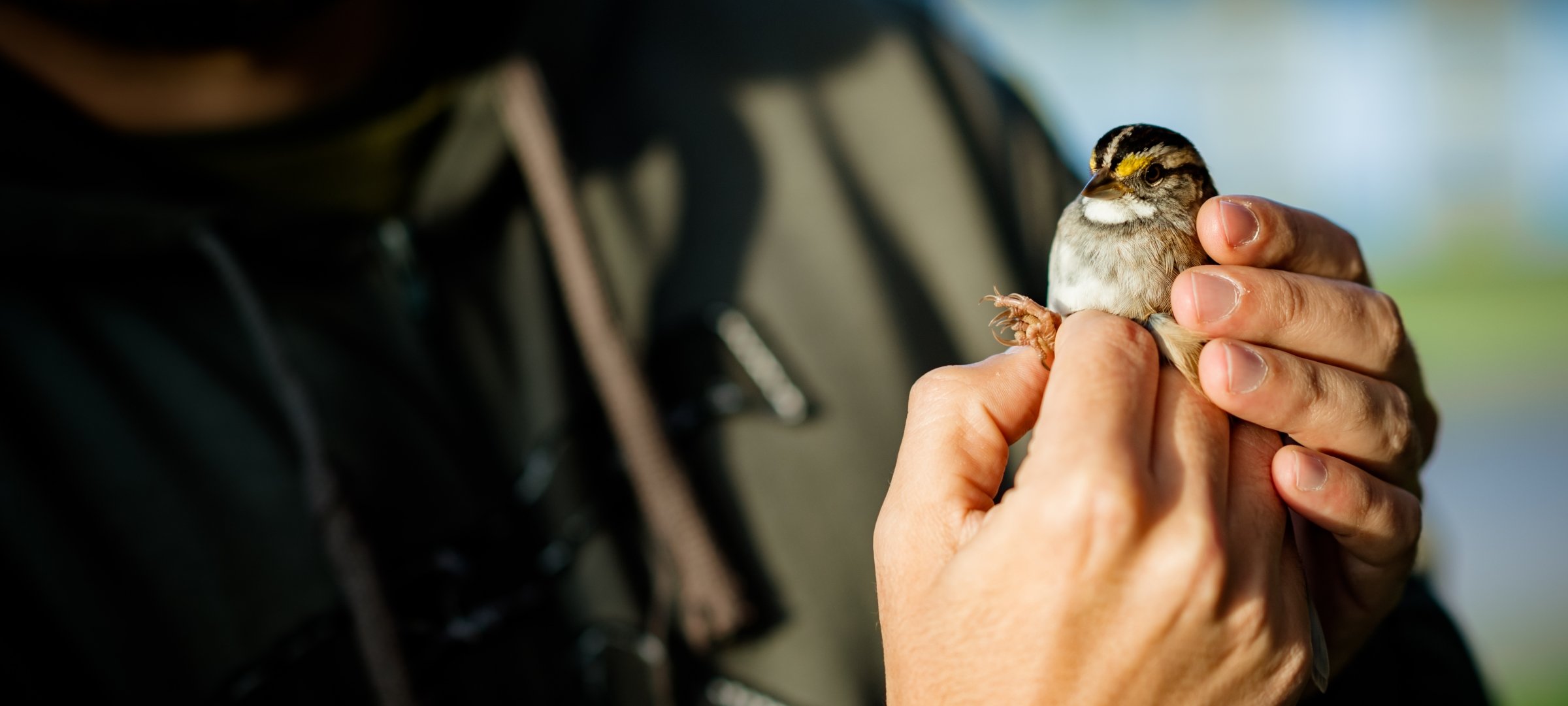Our program focuses on the relationships between wildlife, habitats, and human impacts. We study species management, ecosystem resilience, and conservation strategies to protect global biodiversity. Are you ready to make a difference in wildlife conservation? Are you ready?
Program Overview
Human activity significantly impacts wildlife and their habitats, threatening biodiversity. At Michigan Tech, our master's in wildlife ecology and conservation addresses these challenges. We monitor species health, study habitat dynamics, and develop conservation strategies. Our fieldwork spans various ecosystems and taxonomic groups, from tropical songbirds to large carnivores, providing hands-on research opportunities. We're proud to host the Isle Royale Wolf and Moose Study, the world’s longest continuous study of a predator-prey relationship.
-
Delivery Options
- On-Campus: MS
Wildlife Ecology and Conservation Program Details
Choose a specific degree option or delivery type to learn more about the Wildlife Ecology and Conservation program at Michigan Tech. For international students, Wildlife Ecology and Conservation is a designated STEM program.
On-Campus Programs
Additional Program Information
Want to learn more about wildlife ecology and conservation at Michigan Tech? Visit the department for more information:
Sample Areas of Interest
Select areas of interest to help customize your wildlife ecology and conservation MS. Sample areas include:
- Conservation Genetics
- Mammalian Ecology
- Nutrient Cycling
- Tree Physiology Ecology

